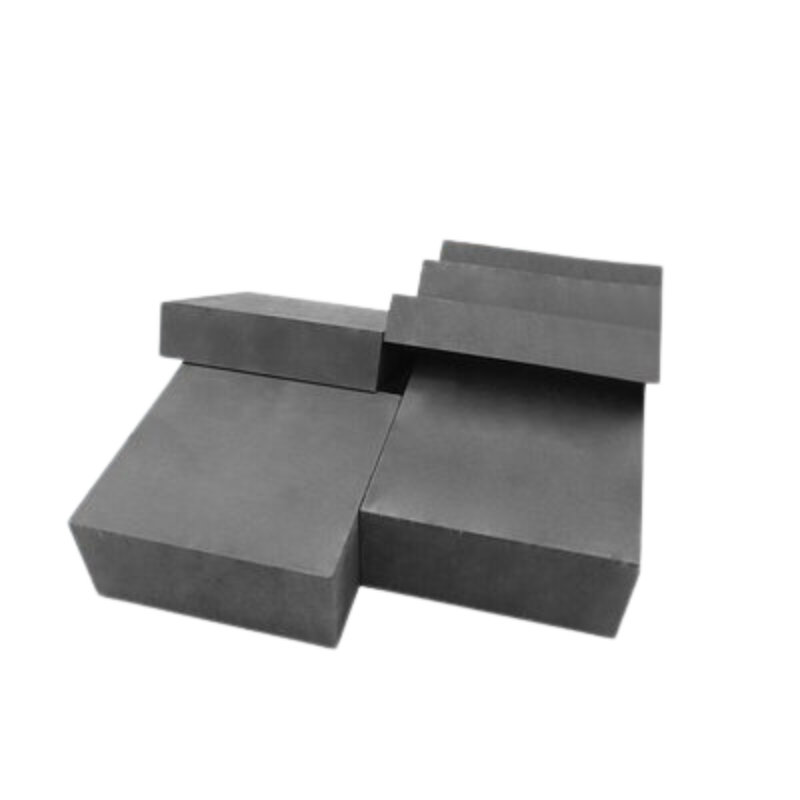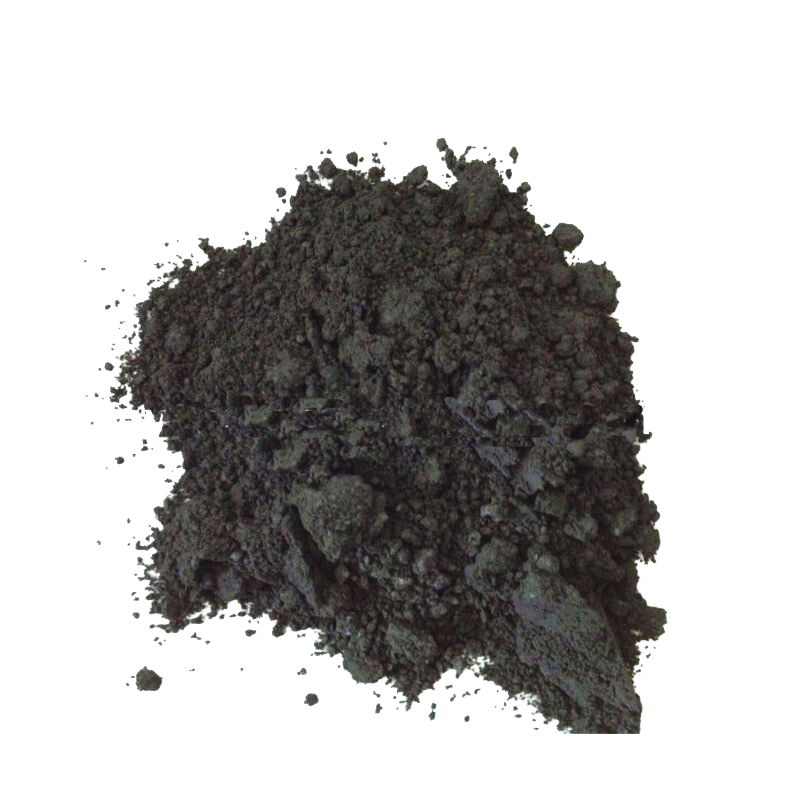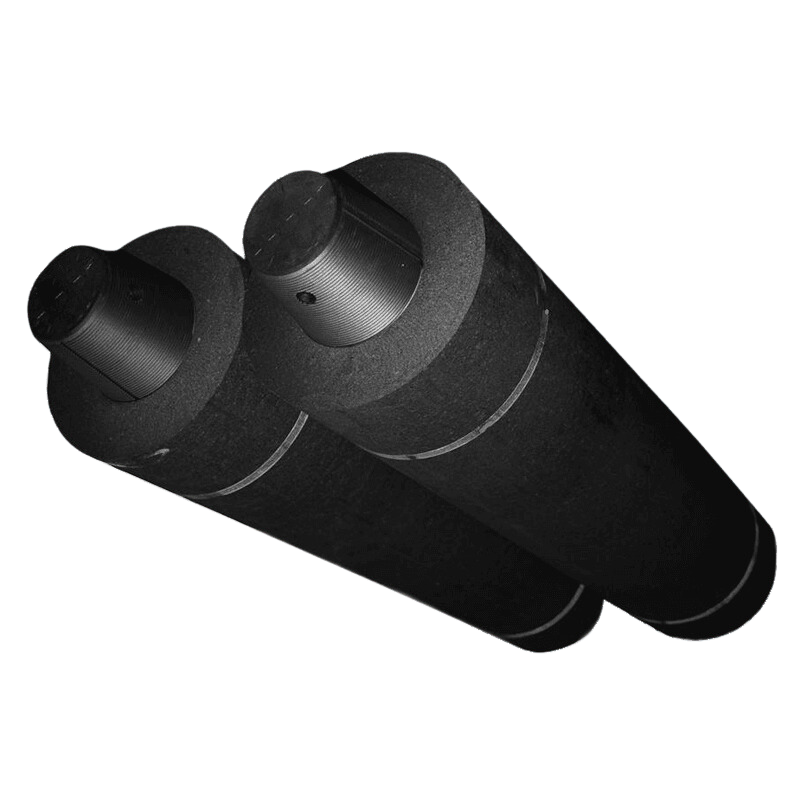EDM graphite, or Electrical Discharge Machining Graphite, is a specialized graphite material used for electrical discharge machining (EDM). EDM is a precision machining method that removes material by generating electrical sparks between an electrode and the workpiece, allowing for the creation of complex shapes and high-precision parts. EDM graphite serves as the electrode material in this process and offers several key characteristics and advantages:
Characteristics and Advantages
1.High Electrical Conductivity:
EDM graphite has excellent electrical conductivity, which helps efficiently conduct the current during machining, producing stable sparks.
2.High-Temperature Resistance:
Graphite can withstand high temperatures without softening or melting, making it suitable for the high-temperature environment generated during EDM.
3.Low Thermal Expansion Coefficient:
Graphite has a low thermal expansion coefficient, providing good dimensional stability during machining and ensuring high precision.
4.Ease of Machining:
Graphite is relatively soft and easy to machine, allowing it to be shaped into various complex electrode forms to meet different workpiece requirements.
5.Good Wear Resistance and Corrosion Resistance:
EDM graphite exhibits excellent wear resistance and corrosion resistance, maintaining its shape and performance over long periods of use.
Applications
EDM graphite is widely used in high-precision machining fields such as mold manufacturing, aerospace, automotive manufacturing, and electronic component processing. Specific applications include:
Mold Making:
Producing complex molds for injection molding, die casting, etc.
Precision Part Machining:
Manufacturing high-precision parts for the aerospace and automotive industries.
Electronic Components:
Creating complex electronic components such as molds and electrodes for semiconductor devices.
Summary
Due to its unique physical and chemical properties, EDM graphite is an advantageous electrode material in electrical discharge machining. Its high electrical conductivity, high-temperature resistance, low thermal expansion coefficient, ease of machining, and good wear and corrosion resistance make it a crucial material for machining high-precision and complex parts.





